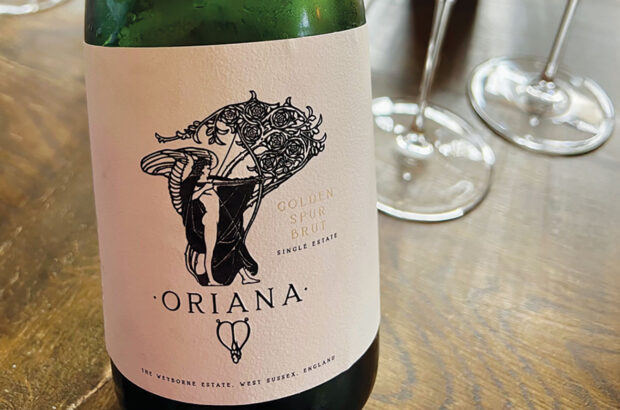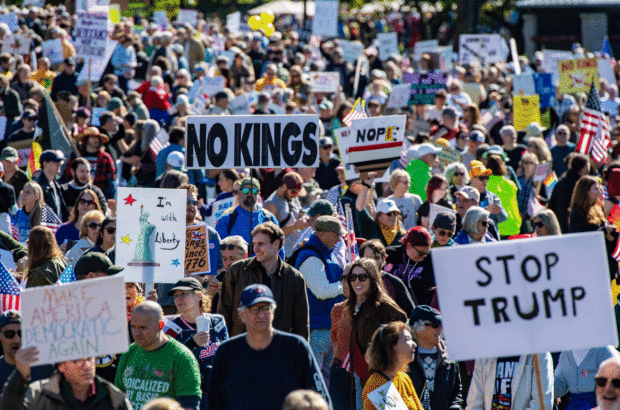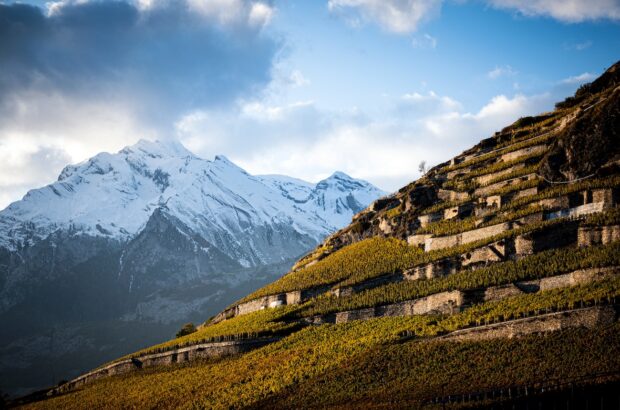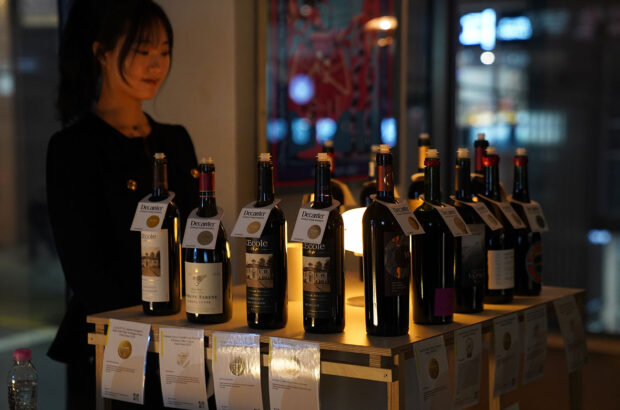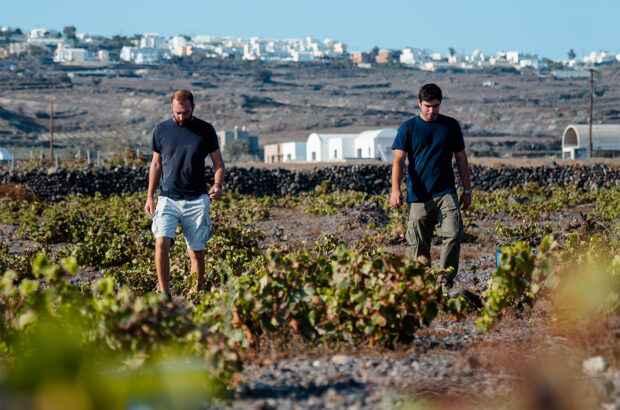The managing director of England's Hambledon Vineyard has made good on his plan to expand the estate and aims to be selling 1m bottles of English sparkling wine annually within a decade.
Hambledon last month agreed to acquire a further 16 hectares of land, including close to 4.5ha of vineyard planted on the Champagne-style trellising system, from next-door Meonhill winery for an undisclosed fee.
The deal adds to the 20ha of vines already owned by Hambledon (pictured) and offers significant room for further plantings, as well as access to extra reserve stocks – reflecting the confidence of its estate MD, Ian Kellett, in the future of English sparkling wine.
Financial details of the deal have not been disclosed, but Kellett has invested close to £10m since acquiring Hambledon and setting about reviving its wine-producing fortunes back in 1999.
‘We want to build a 1m bottle-a-year brand in 10 years,’ he said, prior to the official launch of Hambledon Classic Cuvee and ahead of the annual English wines trade tasting in London today (7 May).
He believes there are currently five English wine producers with the potential to reach that level, echoing comments made at Hambledon’s official opening ceremony last year. ‘And they will own their own land, which doesn’t often happen in Champagne.’
Some wine market observers have criticised England’s fledgling producers for pricing their sparkling wines at unrealistic levels. Bottles commonly cost more than £20 and upwards, putting them in close competition on price with lower end Champagne brands.
But Kellett, a former equities trader in the City of London with a specialism in the food and drink sectors, argued that the market may evolve in English sparkling’s favour.
Champagne houses, he said, need to raise prices in the UK – their largest export market by far – to expand their profit margins. ‘Champagne is in its worst financial state for a generation. There’s a massive debt burden.’
As branded Champagne prices rise, ‘a middle market will open up, and Cava and Prosecco will find it hard to inflate their prices into that middle market. Champagne houses are effectively bequeathing us a middle market.’
Written by Chris Mercer



